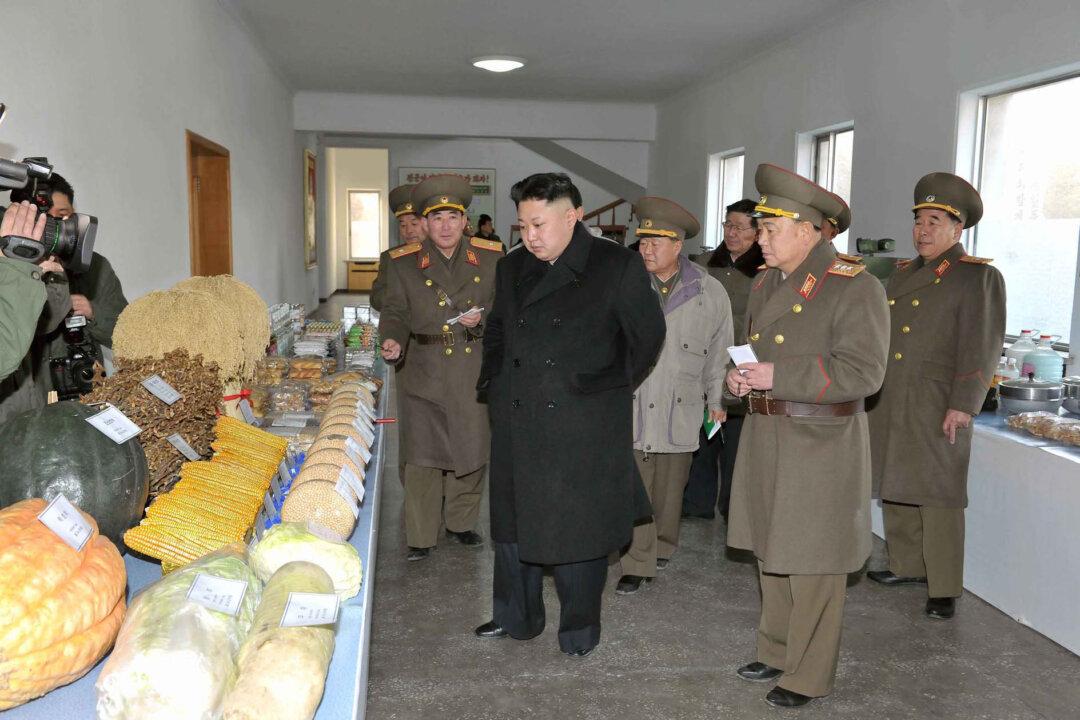The Chinese regime is using the North Korean regime like a puppet, states a new report from the Congressional Research Service (CRS).
“Indeed, China seemed to have shifted from pressuring North Korea with the military relationship to propping up the DPRK regime’s security and survival,” states the Jan. 5 report. The North Korean totalitarian regime refers to itself as the DPRK (Democratic People’s Republic of Korea).
More than half of the new report on China’s proliferation of weapons of mass destruction and missiles is about the Chinese regime’s relations with North Korea. The CRS is a nonpartisan legislative branch agency with the Library of Congress, which works exclusively for U.S. Congress.
The People’s Liberation Army, which serves to protect the Chinese Communist Party, has called the North Korean regime a “buffer,” according to the report, which keeps United States and Republic of Korea (ROK) forces “below the 38th parallel.”
The 38th parallel is a circle of latitude 38 degrees north of the Earth’s equator that became the approximate border between North and South Korea.
The statement fits into previous—and broadly repeated—analyses that the Chinese regime is trying to prevent the North Korean regime from collapsing, both because it fears that large numbers of refugees will enter China, and more importantly that a collapse of the North Korean regime would lead to a reunification of the Korean peninsula under Seoul’s control.
“The prospect of a U.S. military ally as China’s direct neighbor, and possibly U.S. troops on its borders, is deeply alarming to Beijing,” states an International Institute for Strategic Studies report from August 2013.





